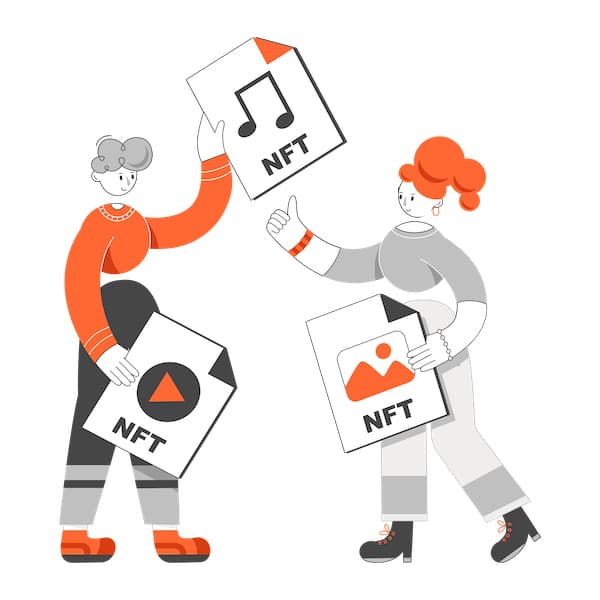
Taxpayers are reminded to include information about digital assets and income when filing taxes.
The IRS announced an enlargement of its instructions regarding the query on federal tax returns concerning digital assets, which is the agency’s expression for “virtual currencies.”
Additionally, they have added a more detailed version of the question to facilitate people to answer it accurately. All taxpayers are obligated to answer this inquiry even if they did not conduct any activities associated with digital assets, similar to how it was for the 2021 tax year.
The inquiry, which is featured at the beginning of Forms 1040, U.S. Individual Income Tax Return; 1040-SR, U.S. Tax Return for Seniors; and 1040-NR, U.S. Nonresident Alien Income Tax Return, was modified this year to incorporate new language. It inquires: During 2022, did you ever: (a) acquire (as a prize, honorarium, or remuneration for goods or services); or (b) barter, trade, give away, or otherwise get rid of a digital asset (or an economic interest in a digital asset)?
The Internal Revenue Service (IRS) characterizes a digital asset as a digitally represented worth that is registered on an encrypted, distributed ledger. Usual digital assets comprise of convertible virtual currency and cryptocurrency, stablecoins, and non-exchangeable tokens (NFTs).
The Internal Revenue Service declared that an individual who owned a digital asset as a capital asset and sold, exchanged, or gave it away in 2022 must employ Form 8949, Sales and Other Dispositions of Capital Assets, to calculate their capital gain or loss from the transaction and then report it on Schedule D (Form 1040), Capital Gains and Losses, or Form 709, United States Gift (and Generation-Skipping Transfer) Tax Return, if it is a gift.
If an employee was compensated with digital assets, they must declare the worth of the assets given as remuneration. If they were a freelance worker and were paid with digital assets, they must include that income on Schedule C (Form 1040), Profit or Loss From Business (Sole Proprietorship). Schedule C is also used by anyone who traded, swapped, or transmitted digital assets to customers in connection with a business.

The Internal Revenue Service requires that taxpayers indicate “yes” if they:
- Obtained digital assets in exchange for property or services rendered;
- Granted digital assets without compensation as a genuine present;
- Acquired digital assets from a prize or accolade.
- Received new digital assets resulting from mining, staking, and similar activities;
- Received digital assets resulting from a hard fork (a branching of a cryptocurrency’s blockchain that splits a single cryptocurrency into two);
- Disposed of digital assets in exchange for property or services;
- Disposed of a digital asset in exchange or trade for another digital asset;
- Sold a digital asset; or
- Otherwise disposed of any other financial interest in a digital asset.
A taxpayer who possessed digital assets in 2022 typically can tick the “no” box as long as the taxpayer did not take part in any dealings involving digital assets during the year. Taxpayers can also check the “no” box if their activities were restricted to one or more of the following:
- Holding digital assets in a wallet or account;
- Transferring digital assets from one wallet or account they own or control to another wallet or account they own or control; or
- Purchasing digital assets using U.S. or other real currency, including through electronic platforms such as PayPal and Venmo.
For further details, consult page 15 of the Tax Year 2022 1040 (and 1040-SR) Instructions. To answer any queries and to learn more, go to the Digital Assets section on IRS.gov.
AICPA advocacy
The AICPA Virtual Currency Task Force submitted three sets of comments to the IRS on digital tax assets reporting, including on Dec. 16, 2022, on the draft instructions to the 2022 Form 1040 pertaining to digital assets; on Aug. 29, 2022, on the virtual currency question on the Form 1040 and instructions; and on Oct. 28, 2022, requesting guidance for virtual currency transactions under Secs. 6045 and 6050I and reporting requirements of IRS Form 8300, Report of Cash Payments Over $10,000 Received in a Trade or Business, and instructions.



















